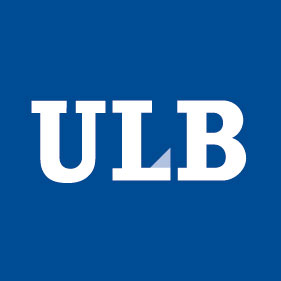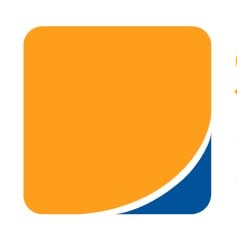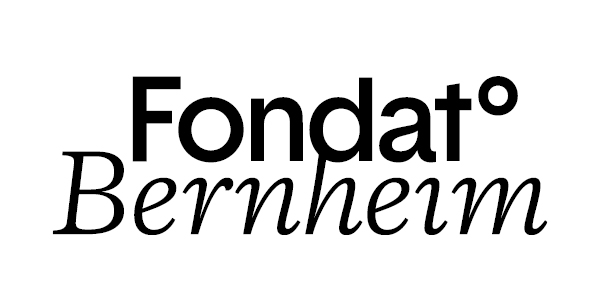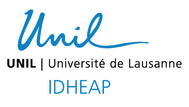panels
List of panels
Panel 1. Scholar-Practitioner Dialogue on Detecting and Reporting Corruption
Panel chair: Yahong Zhang (Rutgers University in Newark)
Panel description: The panel invites scholars and practitioners to exchange their evidence-based viewpoints on anti-corruption strategies, specifically on detection and disclosure of corrupt practices. Whistleblowing, as a grassroots approach, can be instrumental in the fight against corruption by offering direct insights into corrupt behaviors, safeguarding public funds from further abuse, and highlighting the need for public accountability and policy reforms. Conversely, Supreme Audit Institutions hold institutional power to detect and report corruption, potentially deterring corrupt activities through a hierarchical approach. The panel will showcase research projects that examine the legal protection systems for whistleblowers.
Panel 2. Public-Policy Perspectives on Transparency and Open Government
Panel chairs: Giovanni Esposito (ULB – ULiège), Gaia Taffoni (European University Institute) and Andrea Terlizzi (University of Florence)
Panel description: Transparency policies are integral to the contemporary landscape of governance and public administration. However, the effectiveness of these policies in achieving societal benefits varies widely. Information and Communication Technologies play a key role in achieving these benefits. This panel explores transparency policies through the lens of public policy approaches, focusing on how these policies are designed, framed, and enacted. Furthermore, the panel aims to examine the role of participatory research methods in enhancing the evaluation of transparency policies, facilitating active collaboration between researchers, policymakers, and citizens.
Panel 3. Populism and Transparency
Panel chair: Gregory Michener (FGV, Brazil)
Panel description: Populists tend to pay just as much lip service to government transparency as their non-populist rivals. In practice, however, government transparency frequently challenges the factual basis of populist narratives, resulting in populist hostility towards transparency policies. Despite increasing academic interest in the waves of populism that have recently swept across the world, very few studies have examined how populist leaders approach transparency in government. This panel contributes to illuminating the relationship between transparency and populism, both from the demand side and the supply side.
Panel 4. Understanding the Complex Landscape of Governance Statistics
Panel chair: Jean-Patrick Villeneuve (Università della Svizzera italiana)
Panel description: This panel seeks to shed light on the challenges of governance statistics mainly related to the operationalization of governance, the availability and methodological quality of existing indicators, and the interrelations between different governance datasets. As the need for evidence-based governance becomes increasingly pressing, also considering the United Nations Sustainable Development Goals Agenda for 2030, this panel aims to discuss the methodological challenges of governance statistics to support academics, analysts, and policymakers to make the best use of available data.
Panel 5. Algorithmic Transparency in Citizen-State Interactions
Panel chairs: Stephan Grimmelikhuijsen (Utrecht University) and Kayla Schwoerer (State University of New York)
Panel description: Algorithms are increasingly penetrating the public sector: they are used to support policy development, “street-level” decisions, allocate resources, make risk analyses, provide services, etc. Government organizations rapidly integrate machine learning algorithms in their organizational procedures to enhance their effectiveness and efficiency. But what does this mean for public sector transparency? This panel focuses on the transparency of algorithms. The key ambition is to explore what knowledge and insights can be developed by synthesizing two bodies of literature: the literature on transparency in the public sector and the literature on technological design.
Panel 6. Corruption in Government
Panel chairs: Pierre-Guillaume Méon (Université libre de Bruxelles)
Panel description: This panel will gather empirical works on the causes and consequences of actual and perceived corruption. It will focus on formal and informal institutions, trust, and norms of behavior. It will leverage within- and cross-country data and observational as well as experimental methods.
Panel 7. Gauging the Health of Democratic Information Ecosystems
Panel chairs: Marlen Heide (Università della Svizzera italiana)
Panel description: Disinformation has been identified as a growing problem for democracies. Many governments have been investing considerable efforts towards making their actions more transparent in order to become accountable, legitimate, and trustworthy. Given the vast amounts of detailed and publicly available information, it would appear puzzling that citizens nonetheless create and buy into disinformation. This panel explores the full breadth of relations between transparency and disinformation, including empirical and descriptive, conceptual and theoretical, and normative and evaluative research.





